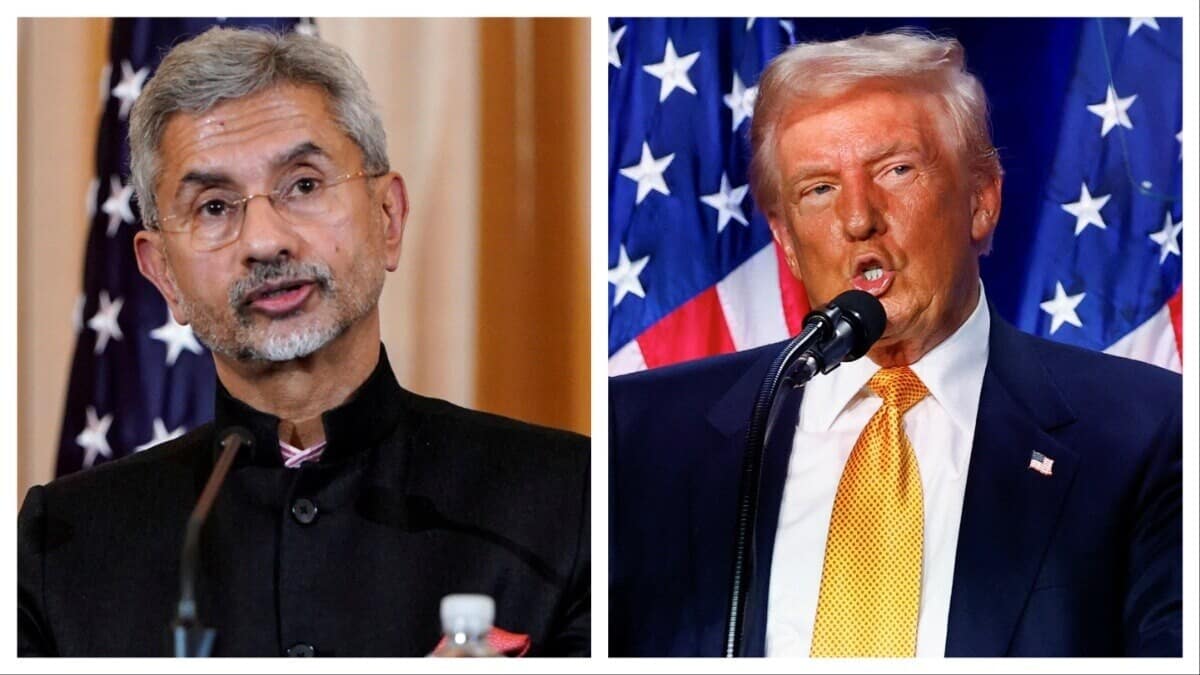
'India has never supported dedollarization': Jaishankar after Trump's tariff warning
What's the story
External Affairs Minister S Jaishankar has clarified that there is no proposal for a new BRICS currency after United States President-elect Donald Trump warned of tariffs.
Trump had issued a strong warning to the BRICS nations, threatening them with a 100% tariff if they back or establish a new currency to supplant the "mighty" US dollar.
"We have always said that India has never been for de-dollarization; right now there is no proposal to have a BRICS currency," Jaishankar said.
Policy position
India's stance against de-dollarization
He also underscored India's robust trade ties with the US, adding, "The US is our largest trade partner, we have no interest in weakening the dollar at all."
"We had a good relationship...with the first Trump administration, yes there were some issues mostly trade-related, but there were a whole lot of issues on which Trump was very international,...it was actually under Trump that the QUAD was restarted," Jaishankar said at the Doha Forum.
Central bank's stance
RBI Governor confirms India's position on de-dollarization
Reserve Bank of India (RBI) Governor Shaktikanta Das also spoke on the matter, confirming that India hasn't moved toward de-dollarization.
Das said India's focus is on de-risking domestic trade from geopolitical upheavals. He cited agreements for local-currency denominated trade with two countries as part of this strategy.
The BRICS group consists of Brazil, Russia, India, China, and South Africa, with five more nations added recently.
Future prospects
BRICS nations explore alternatives to US dollar
BRICS has been looking for alternatives to lessen their dependence on the dollar.
At a recent summit in Kazan, Russia, the bloc discussed boosting non-dollar transactions. Vladimir Putin accused the US of "weaponizing" the dollar but clarified there are no current plans for a unified BRICS currency.
Russia advocated for the development of a new payment system that would provide an alternative to SWIFT, the global bank messaging network, and allow Moscow to avoid Western sanctions while trading with partners.